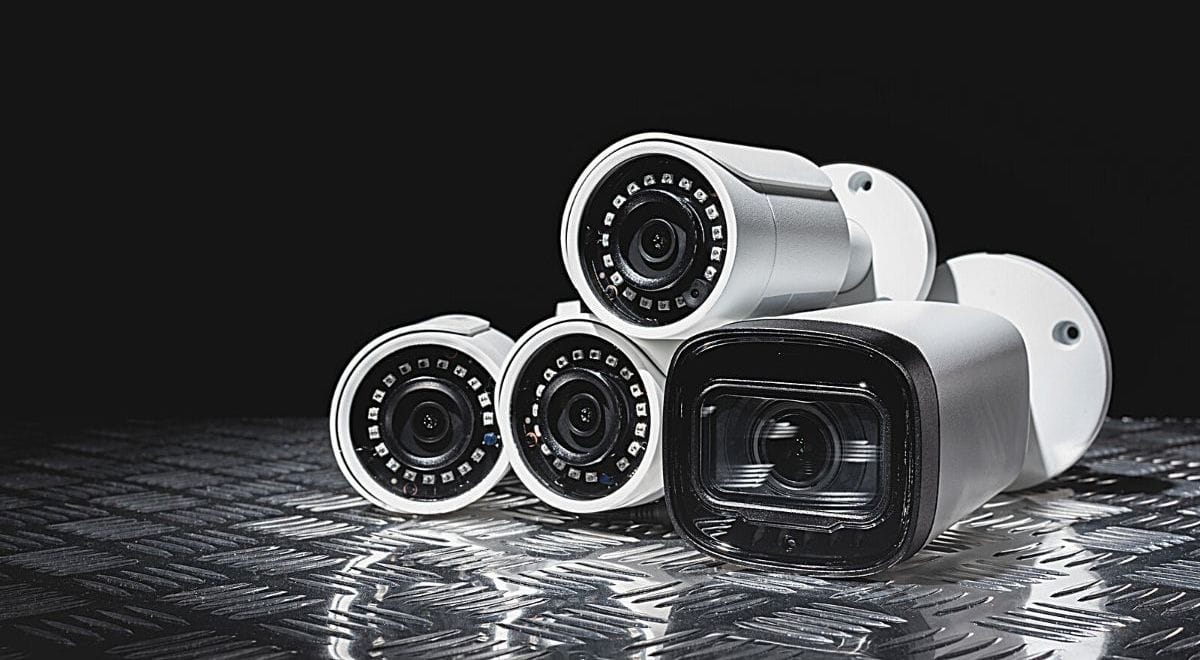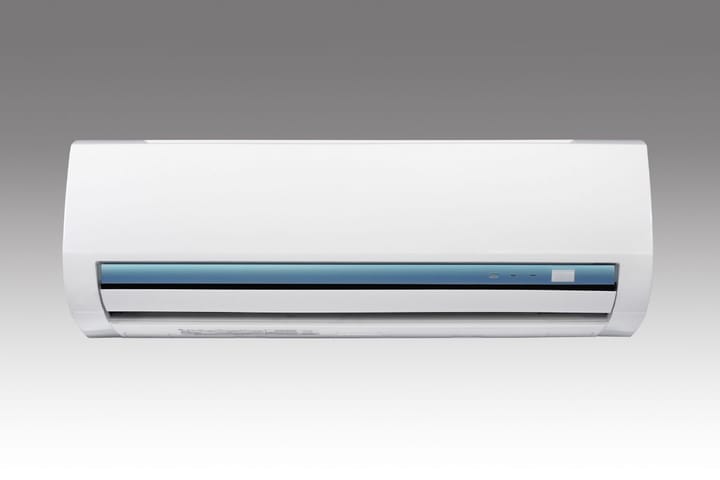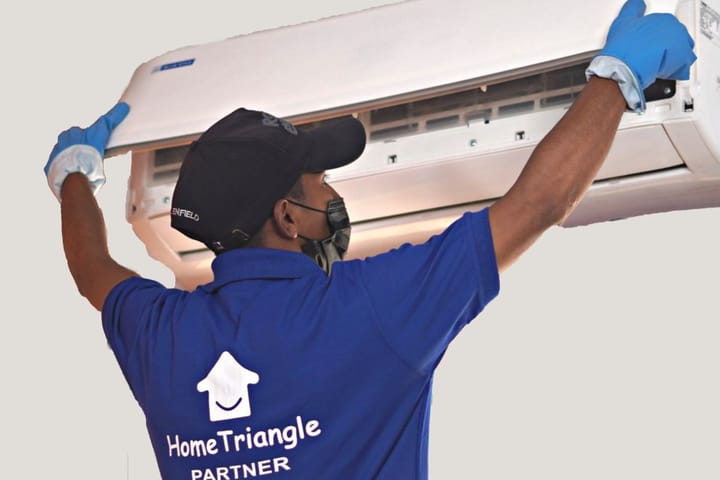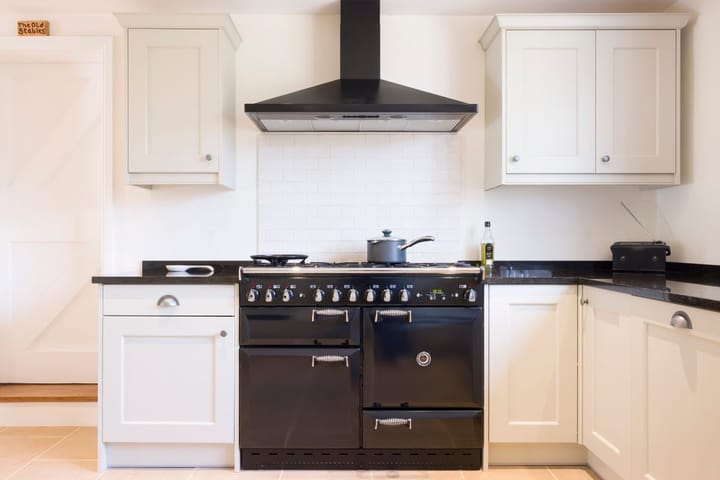Pros and Cons of Installing CCTV at Home: A Comprehensive Guide
Explore the debate around home CCTV installation. Weigh safety benefits against privacy concerns to make an informed decision on your home security.

Installing CCTV at home is a topic that has been debated for years. Some people believe that it is necessary for safety and security, while others think that it invades their privacy. Both sides have valid arguments, and it is important to consider the pros and cons before making a decision.
One of the main advantages of installing CCTV at home is that it can deter criminals. The presence of cameras can make burglars think twice before attempting to break in, as they know that they are being watched. In case of a break-in, the footage captured by the cameras can be used as evidence to identify the perpetrator and bring them to justice. Additionally, CCTV can provide peace of mind to homeowners who want to keep an eye on their property while they are away.
On the other hand, there are also some disadvantages to consider. One of the main concerns is privacy. CCTV cameras can record not only the activities of criminals, but also those of innocent people, including family members and visitors. This can be seen as an invasion of privacy, and some people may feel uncomfortable with the idea of being watched all the time. Furthermore, installing CCTV can be expensive, and maintaining it can be time-consuming.
- Pros of Installing CCTV at Home
- Cons of Installing CCTV at Home
- Factors to Consider Before Installation
- Conclusion
Pros of Installing CCTV at Home
Installing CCTV at home can provide a range of benefits for homeowners. Here are some of the pros of installing CCTV at home:
1. Deterrence of Crime
CCTV cameras can act as a deterrent to potential criminals. When burglars see CCTV cameras installed outside a home, they are less likely to target it. This is because they know that their actions will be recorded and they could be caught and prosecuted.
2. Increased Security
CCTV cameras provide an extra layer of security for homeowners. They can help to monitor the perimeter of the property, alerting homeowners to any suspicious activity. This can help to prevent break-ins and other crimes.
3. Remote Monitoring
Many CCTV systems now come with remote monitoring capabilities. This means that homeowners can access live footage of their property from anywhere in the world, using a smartphone or tablet. This can provide peace of mind for homeowners who are away from home for extended periods of time.
4. Evidence Collection
If a crime does occur, CCTV footage can be used as evidence in court. This can help to increase the chances of a successful prosecution and can provide closure for victims.
5. Insurance Benefits
Installing CCTV at home can also lead to reduced insurance premiums. This is because insurance companies view CCTV as a security measure that can help to prevent crime and reduce the likelihood of claims.
Overall, installing CCTV at home can provide a range of benefits for homeowners. From increased security to remote monitoring capabilities, CCTV can help to provide peace of mind and protect against crime.
Cons of Installing CCTV at Home
While there are some advantages to installing CCTV at home, there are also some significant drawbacks. Here are some of the cons to consider before deciding to install CCTV:
1. Invasion of Privacy
One of the most significant concerns with installing CCTV at home is the potential invasion of privacy. CCTV cameras can capture images of people in private spaces, such as bedrooms and bathrooms, which can be a violation of their privacy. Additionally, CCTV footage can be used to monitor people's activities, which can be seen as intrusive and potentially abusive.
2. False Sense of Security
Another potential downside of installing CCTV at home is the false sense of security it can provide. While CCTV cameras can deter criminals, they are not foolproof. Criminals can still find ways to enter a property, and CCTV footage may not always be helpful in identifying them.
3. Cost
Installing CCTV at home can be expensive, especially if you want high-quality cameras and a professional installation. Additionally, there may be ongoing costs, such as maintenance and monitoring fees, which can add up over time. Check out Upcoming Security’s guide on cctv installation costs for more insight.
4. Technical Issues
CCTV systems can be complex, and technical issues can arise, such as camera malfunctions or connectivity problems. These issues can be frustrating and time-consuming to resolve, and they may require professional assistance.
5. Legal and Ethical Considerations
Finally, there are legal and ethical considerations to keep in mind when installing CCTV at home. In some jurisdictions, there may be laws governing the use of CCTV, such as restrictions on where cameras can be placed and how footage can be used. Additionally, there may be ethical concerns about monitoring people's activities without their knowledge or consent.
Overall, while CCTV can provide some benefits, it is essential to consider the potential drawbacks before deciding to install it at home.
Factors to Consider Before Installation
Before installing CCTV cameras at home, there are several factors that need to be considered to ensure that the installation is effective and meets the requirements of the homeowner.
Firstly, it is important to determine the purpose of the CCTV cameras. Are they being installed to deter burglars, monitor children or elderly family members, or to keep an eye on pets? This will help in deciding the number of cameras required and their placement.
Secondly, the homeowner should consider the cost of the installation. CCTV cameras can be expensive, and the cost can vary depending on the number of cameras required, the quality of the cameras, and the complexity of the installation. It is important to set a budget and stick to it.
Thirdly, the homeowner should consider the legal implications of installing CCTV cameras. In some countries, it is illegal to install cameras in certain areas, such as bedrooms or bathrooms. It is important to research the laws and regulations in the area before installing CCTV cameras.
Fourthly, the homeowner should consider the privacy of others. If the CCTV cameras are being installed in a shared space, such as a living room or kitchen, it is important to inform other family members or housemates about the installation and ensure that their privacy is respected.
Lastly, the homeowner should consider the maintenance and upkeep of the CCTV cameras. Cameras can malfunction or require repairs, and it is important to have a plan in place for regular maintenance and repairs.
Overall, there are several factors that need to be considered before installing CCTV cameras at home. By taking these factors into account, homeowners can ensure that the installation is effective, legal, and respects the privacy of others.
Conclusion
In conclusion, installing CCTV at home has both advantages and disadvantages. While it can provide a sense of security and deter crime, it also raises concerns about privacy and can be costly to install and maintain.
On the one hand, CCTV can be an effective tool for monitoring activity in and around the home. It can provide evidence in the event of a break-in or other crime, and can also help prevent crimes from occurring in the first place. Additionally, CCTV can be a useful tool for monitoring children or elderly family members who may require additional supervision.
On the other hand, there are also several drawbacks to installing CCTV at home. Privacy is a major concern, as CCTV cameras can capture footage of individuals without their knowledge or consent. Additionally, the cost of installing and maintaining CCTV can be prohibitive for some homeowners. Finally, there is also the risk of false positives or misinterpretation of footage, which can lead to unnecessary stress or even legal issues.
Overall, the decision to install CCTV at home should be carefully considered, taking into account both the potential benefits and drawbacks. Homeowners should weigh the need for security against concerns about privacy and cost, and should also ensure that they are following all relevant laws and regulations regarding the use of CCTV.




Comments ()